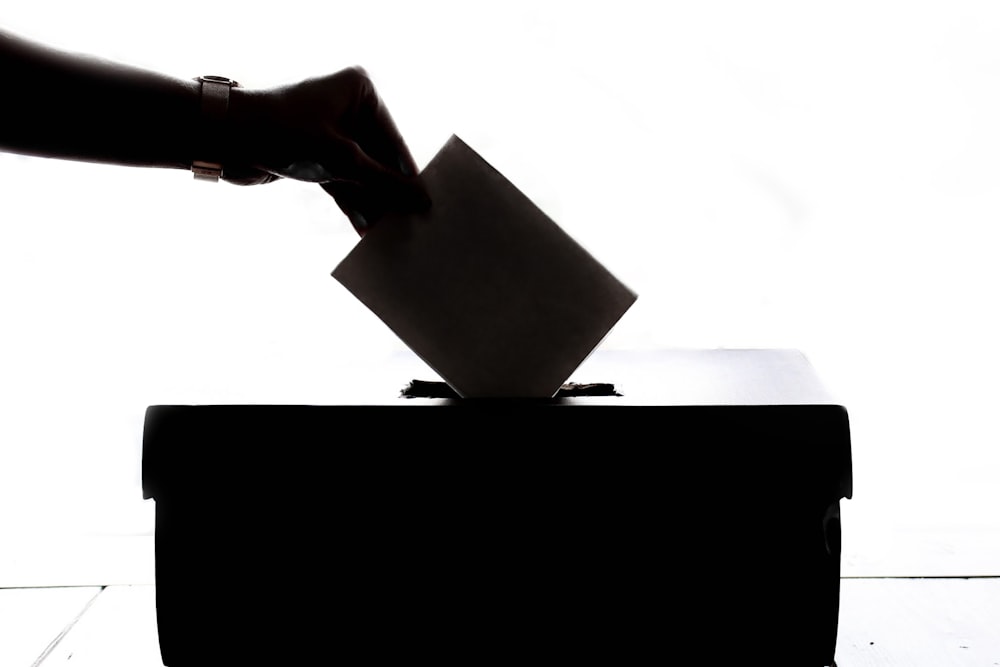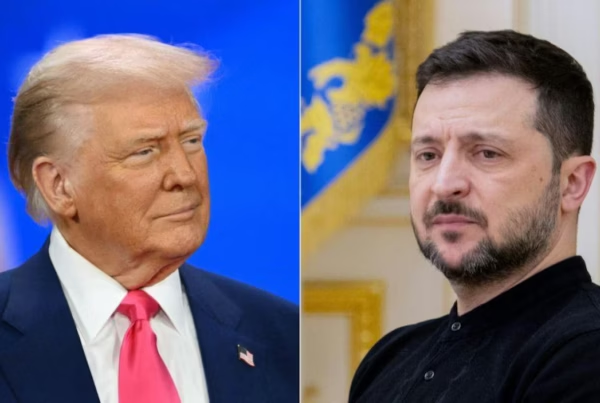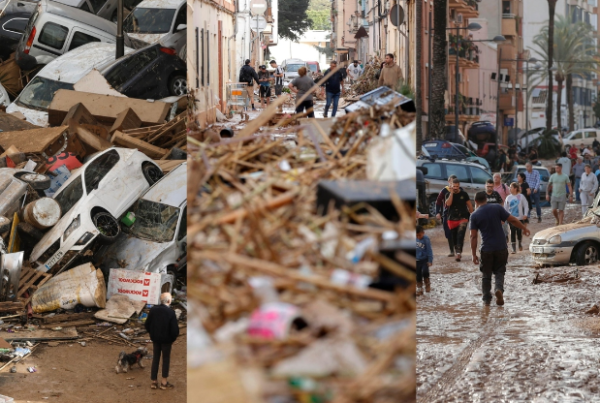
Image credits: Istock images
If there’s one thing that politics teaches us it’s that, despite different traditions, diverse systems, and seemingly extremely different constitutions, nothing is more exciting than the electoral campaign period. The time of voting, when citizens are called upon to decide the future of their nation, is like stepping into a time machine: we all go back to being our teenage selves, filled with dreams and ideas, when everything seemed possible.
The political landscape oscillates between doubts and hopes: will 2024 be the year of great changes or of grand confirmations? This year, more than four billion people in 62
nations will engage in the democratic process, participating in presidential, parliamentary, and local elections.
Originally hailed as the era marking the “end of history” (Fukuyama) with the ascendance of liberal democracy, the 21st century unfolds as a more intricate period. The challenge of establishing and sustaining democracy is compounded by the need to adapt to diverse political cultures. This is seen in the case of elections, which do not only provide legitimate, popular governments. Elections also occur in non-democracies, where they are used as ratification rituals or clever façades for despotic regimes. In an increasingly complex world, the global political future will be shaped by the choices made at the ballot box this year, with implications ranging from environmental and economic issues to complicated geopolitical dynamics.
Russia: Putin, Again
Our electoral journey takes us to Russia, where the upcoming election is unlikely to hold surprises for Putin. At the age of 71, Putin is poised to effortlessly secure his fifth term, signalling a significant extension of his power until 2036. This anticipated victory underscores the continuity of power in a nation that, simultaneously, navigates through turbulent waters on the global stage. Engaged in a costly war in Ukraine, Russia under Putin’s leadership grapples with financial strains and a waning global reputation. The country’s involvement in the conflict not only challenges its economic stability but also places it in a precarious position internationally, with Putin increasingly being viewed as a tyrannical figure amidst an unstable international landscape.
Yet, amidst this political landscape, Boris Nadezhdin, an unexpected anti-war candidate, emerged. As anticipated, his candidacy was disqualified by the compromised Central Election Commission, an action that marked the beginning of a rapidly escalating political crisis. This tension reached a shocking climax just a week later with the murder of Alexei Navalny, the imprisoned leader of the remaining Russian opposition, an event that not only stunned the nation but also highlighted the volatile and dangerous nature of political dissent in Russia.
Is the day distant when Russia can genuinely engage in free and democratic political debates, unencumbered by tyrannical mechanisms? Incidents like these intensify our concerns, hinting that such a reality may be elusive.
Asia: Great Democracies, Great Decisions
India approaches a potential turning point with the 2024 general elections. Under the leadership of Prime Minister Narendra Modi and his Bharatiya Janata Party (BJP), India is experiencing a significant transformation from its secular democratic roots towards a vision that prioritises Hindu nationalism, raising concerns about the rights and safety of religious minorities, particularly Muslims, who constitute about 14 percent of the population. The BJP, with historical ties to the Rashtriya Swayamsevak Sangh (RSS), an organisation inspired by fascist ideologies, promotes the idea of India as a Hindu nation, a stance that has led to increased majoritarian violence and a climate of fear among Muslims. International watchdogs, including Freedom House and V-Dem, now classify India as “partly free” and an “electoral autocracy” due to the erosion of civil and human rights
In Bangladesh’s recent controversial election, Prime Minister Sheikh Hasina secured her fourth consecutive term, extending her leadership with the Awami League, and its allies winning a majority of the parliamentary seats. The main opposition, the Bangladesh Nationalist Party (BNP), boycotted the polls, alleging them to be a sham, amid reports of mass arrests of its leaders and a low voter turnout compared to previous elections. Critics and political analysts have questioned the legitimacy of the voter turnout figures provided by the election commission, suggesting they may be inflated.
This victory marks Hasina’s fifth term overall and raises concerns about the potential for de facto one-party rule in Bangladesh. Despite accusations of political oppression, Hasina’s tenure has seen significant economic progress, with Bangladesh becoming one of the fastest-growing economies in the region. However, the election has also highlighted ongoing human rights concerns and international scrutiny over the democratic process.
Africa: Between Doubts and Hopes
In Sub-Saharan Africa the political climate in Ghana and Mozambique is notably poised for change. This comes as incumbent presidents in both countries respect constitutional mandates by choosing not to seek re-election.
South Africa is poised for a pivotal national and provincial election on May 29, with President Cyril Ramaphosa announcing the date for a vote that could see the African National Congress (ANC) lose its parliamentary majority for the first time since the end of Apartheid in 1994. The ANC, once led by Nelson Mandela and a dominant force in South African politics for three decades, faces a significant challenge, as polls and analysts suggest its support could fall below 50 percent, potentially forcing it into a coalition government. This unique scenario, emerging at a critical point in the nation’s political trajectory, coincides with diminishing public backing. The main opposition, the Democratic Alliance, is already in talks with other parties to form a coalition aimed at unseating the ANC, highlighting the competitiveness of the upcoming elections and the possibility of a major political shift in Africa’s most advanced economy.
Frustration grows among the people as African leadership, rather than adopting specific solutions, tends toward institutional mimicry, with elections not always leading to genuine democratisation. The continent’s potential wealth remains a promise, but who will embody such potential?
USA: Biden vs. Trump Round 2?
November 5 represents the most anticipated moment for global balances, as it is the date of the U.S. presidential elections. It is expected that the Democratic primaries will feature Joe Biden as a candidate, yet concerns about his age continue to create doubts among the party base. In the Republican field, analysts anticipate a possible victory for Donald Trump, with Nikki Haley as the sole potential challenger now that Ron De Santis has stepped aside.
If predictions materialise, we may witness a return to the past, with a presidential competition between two candidates, Biden and Trump, emphasising the polarisation and degradation of American democracy in the last decade. And above all, a question that seems impossible not to ask: are these truly still the faces of American politics? It appears that the political scene has not changed since 2020, and this worries people across the world. A political class that does not renew and revive itself is a political class that is dying.
Europe: Great Challenges for the “Ursula Majority”
We conclude our electoral tour with the EU, where the European Parliament gears up for a significant transformation. Four months before the European elections, Europe seems to be veering sharply to the right, risking a significant loss of space for the “liberal centre” that has characterised the European Union since its inception. The European People’s Party (EPP), despite being the most voted group, could abandon its historical alliance with the Socialists and Democrats (S&D) in favour of collaboration with rising right-wing groups like Identity and Democracy (ID) and the European Conservatives and Reformists (ECR). According to recent analyses, nationalist right-wing parties are leading in nine member states and could perform well in another nine. The most extreme right-wing group, ID, which includes Lega in Italy, Rassemblement National in France, and Alternative für Deutschland in Germany, could go from 58 to 98 seats, becoming the third largest force in the European Parliament. Viktor Orbán and his Fidesz party’s potential adherence to ECR would add another 14 seats to the tally. The sum of far-right group seats could surpass the current 141 of the S&D. This potential new majority might even do without the liberals of Renew Europe (RE), but it remains to be seen if the EPP will accept opening up to the right without opening up deep internal divisions. The fundamental question remains: could the entry of the radical right into the European Union’s governing alliance pose a real threat to the EU’s survival? Who knows, it might simply be the end of an era for the European Union. Or it could be its very end.
Other posts that may interest you:
- The Trouble with ‘Ecocide’
- Carbon dioxide removal – hit or miss?
- Local Victories for Turkish Opposition — A Sign of Hope?
- Are France and Japan a Mismatch Made in Heaven?
- A Reflection on Dark Tourism
Discover more from The Sundial Press
Subscribe to get the latest posts sent to your email.





